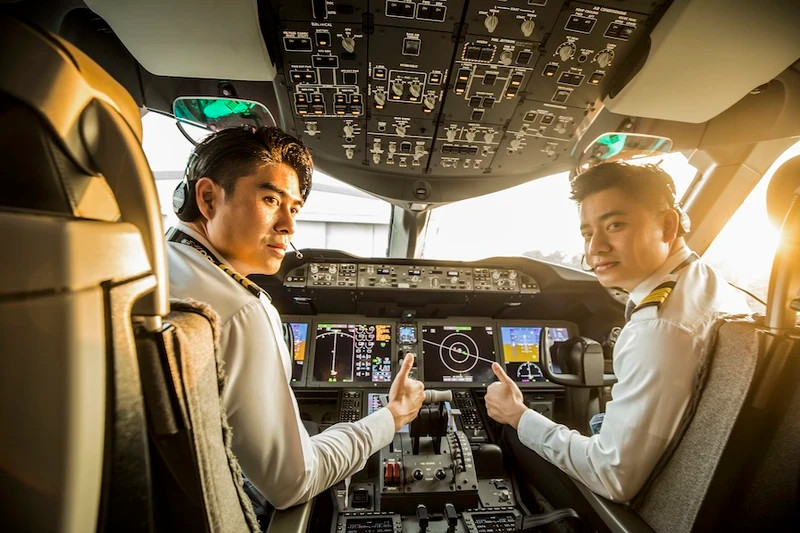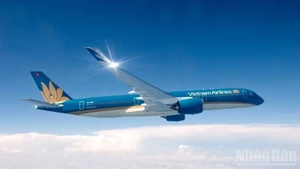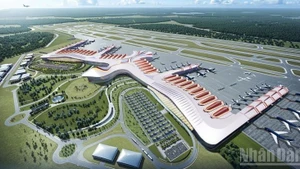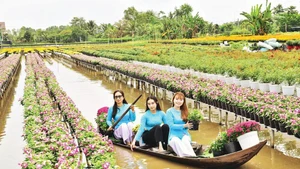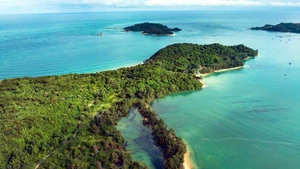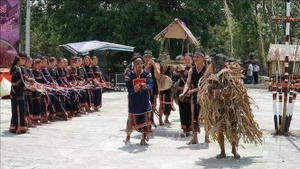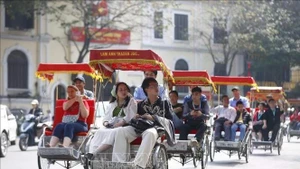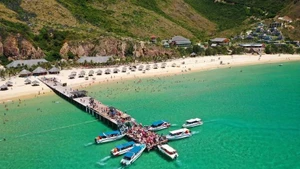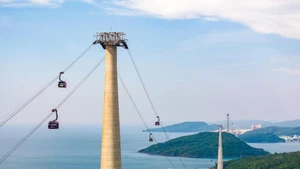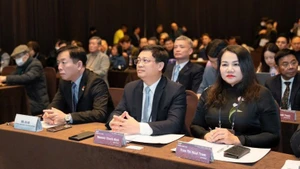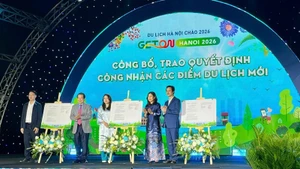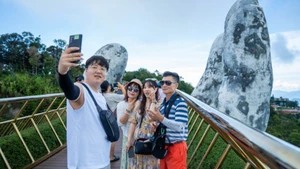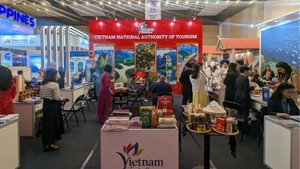Harmonising all parties’ interests
Vietnam's aviation market recorded impressive growth before the pandemic broke out, but was severely affected during the COVID-19 pandemic and is now gradually recovering and regaining growth momentum.
According to the forecast by the Civil Aviation Authority of Vietnam, the Vietnamese aviation market is also following the trend of the Asia-Pacific market to recover by the end of 2024.
It is forecasted that the total 2024 demand for air passenger transport is estimated at 84.2 million passengers, up 15% over 2023 and 6% over 2019. In particular, domestic passenger transport will reach about 41.5 million passengers, an increase of 3.3% and 11% over 2023 and 2019, respectively. International passenger transport will reach about 42.7 million passengers, up 15.8% and 6.4%.
Despite many positive signals, the aviation industry faces many challenges and potential risks. These include factors that negatively affect the economy; political and social instability in countries around the world; limited infrastructure capacity; unfavourable developments in aviation fuel prices; price increases by service providers or pressure from carbon emissions reduction.
“The close cooperation among localities, aviation and tourism sectors, not only enhances the visitors' access to destinations but also plays an important role in building a sustainable tourism ecosystem.”, said Nguyen Quoc Ky, Chairman & CEO of Vietravel Group.
In terms of tourism and aviation, this is not simply a cooperative relationship but also a decisive factor for the prosperity and sustainable development of the tourism industry and the economy.
Nguyen Quoc Ky, Chairman & CEO of Vietravel Group
Emphasising the important role of the linkages among the localities in the tourism development process, Ky said tourism sectors in the localities need to absorb and share experiences and strengthen cooperation among state management agencies, as well as businesses operating in the tourism industry.
By working closely together, the localities can maximise their tourism potential and create rich and diverse tourism experiences for visitors.
The linkages can include sharing tourism resources, developing combined tourism products between the localities, building connecting transport systems and tourism infrastructure, and enhancing joint marketing and promotional activities.
Furthermore, the linkages also open up opportunities for sustainable tourism development, as localities can work together to ensure the conservation and protection of natural and cultural resources while distributing tourism benefits to local communities fairly and sustainably.
In addition, the coordination between tourism and aviation needs to aim at harmonising the interests of all parties. This is a two-way relationship, in which tourism brings customers to aviation and aviation creates momentum for tourism development.
Going together to go far
According to Nguyen Huu Y Yen, Chairman of the Board of Members of Saigontourist Travel Services One Member Co., Ltd., in the tourism industry, the relationship and cooperation between travel companies and airlines are inevitable, along with other important links, such as accommodation services, restaurants, entertainment and shopping venues, to jointly build and expand tourism products.
In reality, this relationship requires a strategic and comprehensive mindset from both sides to enhance adaptability and flexibility to business conditions and environment in each stage.
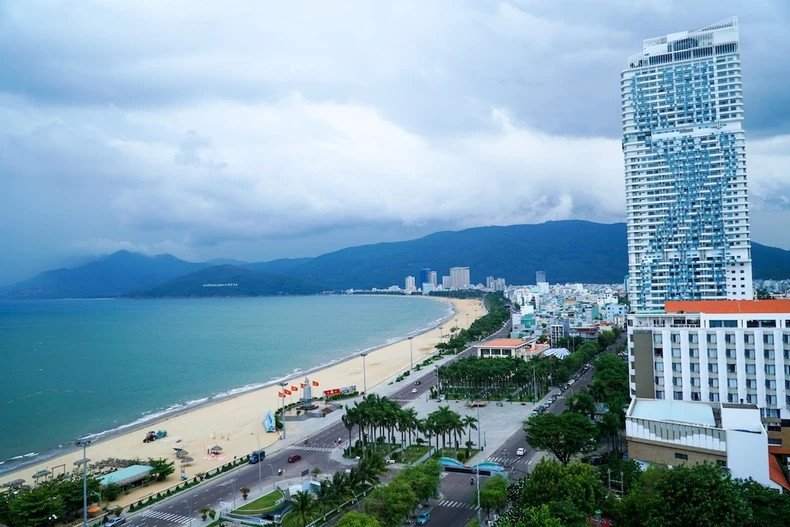 |
| Quy Nhon Beach in Binh Dinh Province. |
These capacities are the ability to fully meet tourism demand during peak season, allocate customers during low season, and meet the demands and habits of customers. This is directly related to pricing policies, flight times, incentive policies, and combo packages at the destinations.
In addition, they are capacities on digital transformation to expand sales channels, sales methods, e-commerce platforms and digital marketing measures, as well as the strategic orientation on sustainable development goals in business and the maintenance and development of the brand reputation of the parties.
The cooperation in tourism development is not only between airlines and travel companies. The participation of all parties in cooperation and linkages with specific commitments on price policies, quality, incentives, communications and promotion, will create a great strength to attract tourism development. The harmony of interests of all parties will be the basis for ensuring long-term stability. This requires the full awareness of all parties, as well as the participation of state management agencies and specialised associations in the localities, possessing destinations and associated localities.
Nguyen Cong Hoan, General Director of Flamingo Redtours
According to Nguyen Cong Hoan, General Director of Flamingo Redtours, tourism is a comprehensive economic sector. Tourism’s effectiveness is not only revenue for airlines and travel companies but also brings large revenues to businesses and individuals participating in the service supply chain, such as hotels, restaurants, transportation, tourist attractions, shopping centres, and other service providers, creating many jobs for the people in the localities with destinations.
The benefits for service providers in the localities possessing the destinations are huge. The cost of local services accounts for a large proportion of the tours’ prices and the total spending of tourists. The assessment of tours’ quality, the impression of tourists, the ability to spread good or bad information, and the rate of visitors’ returns depends largely on the infrastructure, service quality, and tourism environment of the localities.
However, in recent years, there have been calls for cooperation between airlines and travel businesses and possibly some local service providers, without calls on the participation of all parties in the supply chain and beneficiaries.
"The cooperation in tourism development is not only between airlines and travel companies. The participation of all parties in cooperation and linkages with specific commitments on price policies, quality, incentives, communications and promotion, will create a great strength to attract tourism development. The harmony of interests of all parties will be the basis for ensuring long-term stability. This requires the full awareness of all parties, as well as the participation of state management agencies and specialised associations in the localities, possessing destinations and associated localities."
Nguyen Cong Hoan, General Director of Flamingo Redtours
